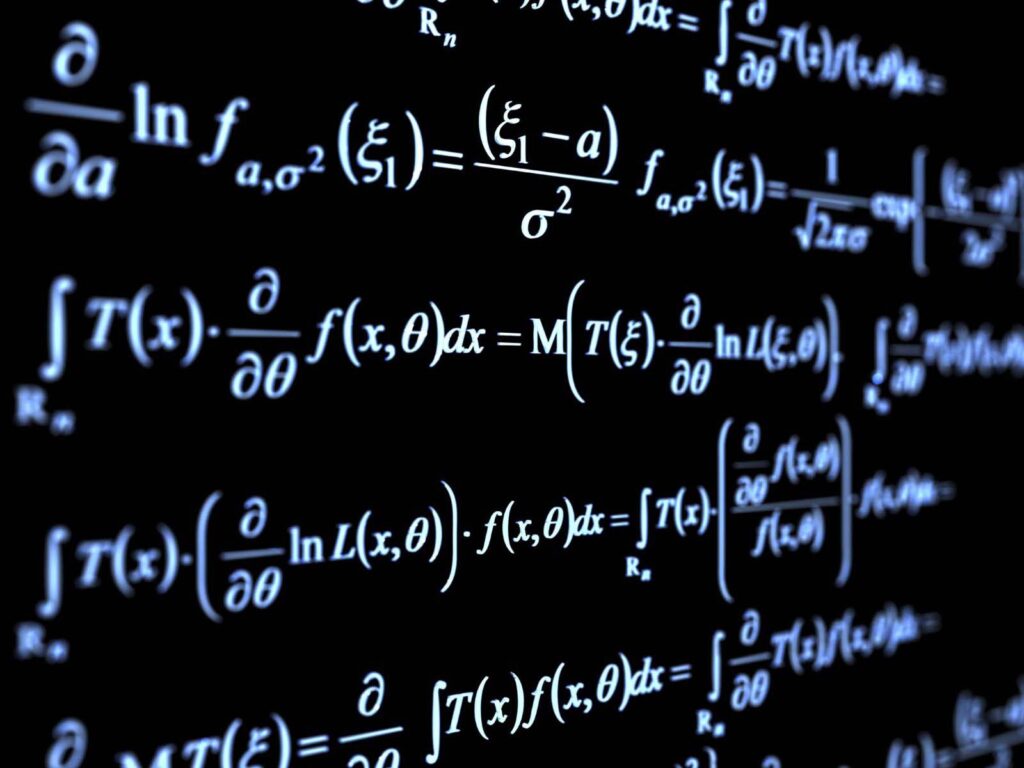Whether you’re applying to prestigious universities, seeking grants and scholarships, or simply looking for a challenge beyond the classroom, it can be helpful to find the right math contests that will improve your resume and stimulate your brain. Since math competitions can include individual and/or team components, cover a variety of math subjects such as geometry and precalculus, and span different regions from local to national, it can feel daunting to identify the best contests to take. However, identifying your needs and setting your goals can help you to narrow your set of suitable competitions to an actionable list.
Here are some suggestions on how to search for good math competitions.
Assess Grade Levels and Subjects Covered
Some math competitions such as Mathcounts and the AMC 8 are only available to middle-school students. Many others can be taken by some or all high-school students, but differ as to the subjects covered. For instance, the AMC 10 can be taken up to 10th grade and does not cover any precalculus material whereas the AMC 12, which can be taken by any high schooler or even middle schooler, does cover precalculus. Some contests, such as the Harvard-MIT Math Tournament, have subject tests covering fields such as algebra, geometry, and calculus.
Students should research past exams to determine whether they have studied the subject matter being tested before they commit to any math competition. Note that some subjects including number theory and combinatorics are not taught in most high school curricula, meaning that independent study may be necessary to fully prepare for some contests.
Prioritize Individual vs. Team Contests
Some math contests such as the AMC 8/10/12 and the American Invitational Mathematics Examination can only be taken by individuals whereas others such as the Purple Comet can only be taken by teams. Many math competitions including Mathcounts, the American Regions Mathematics League, and the Harvard-MIT Math Tournament have both individual and team sections, making them excellent candidates for students who aren’t sure whether to prioritize individual performance or teamwork.
Individual contests should be preferred for students who are trying to improve their college and merit-aid applications, especially if they are well-prepared for those contests. Prestigious colleges will often regard strong performances on individual math contests when deciding whether to admit a student. However, team contests should be preferred for less-experienced students who need more practice with mathematical problem solving and communication.
Prioritize Local vs. National Contests
Many math contests such as Mathcounts, the AMC 8/10/12, and the American Regions Mathematics League are national whereas others are held at the municipal, state, or regional level. For instance, the Virginia Mathematics League is offered to anyone in the state of Virginia. For some math competitions such as the Johns Hopkins Math Tournament or the American Regions Mathematics League, registration is open nationally, but travel is the responsibility of attending students/schools.
Local contests should be preferred by students who want to stand out in a smaller crowd, which is rather appealing to state colleges. That being said, national contests may be preferable when applying to more prestigious universities due to their greater notability, prestige, and standardization. For instance, MIT has asked students for their best American Invitational Mathematics Examination scores on college applications.
